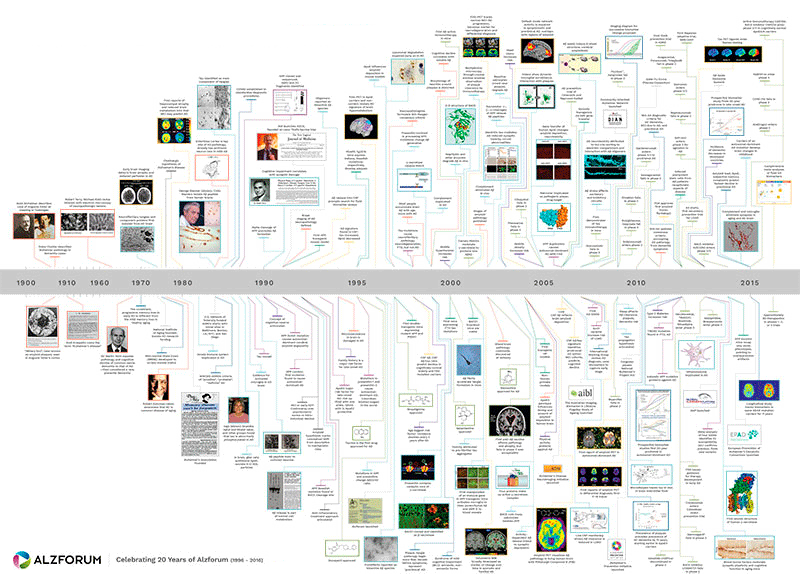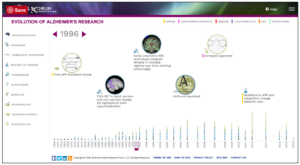
Through a global team of dedicated researchers, we are provided with the hope of one day finding a way to slow the progression and ultimately find a cure for Alzheimer’s disease. I want you to meet as many as possible through ‘Spotlight on a Scientist’ and find hope through better understanding their research and how it contributes towards our ultimate goal of a world without Alzheimer’s disease.
If scientists had considerably more funding, so there were even more of us working towards a solution, we would undoubtedly move more quickly towards this goal. More funding could, for example, support work on projects that might be considered more high-risk but which could help us find the critical factor(s) we’ve been searching for – good science that could become great science. These findings could then help us to find therapeutics and other interventions to slow, prevent and cure Alzheimer’s – which after all is everyone’s overriding wish.
(Note: I talk about this critical issue of under-investment of funding in research in, ‘Why is a cure so elusive?’)
Ensuring more governmental and private funding is available for research, requires a concerted effort on everyone’s part. I spoke to the CEO of a funding body recently who explained that people are tired of donating to medical research as they can’t see short-term results. With Alzheimer’s, they want a cure for their loved one within their lifetime, or at the least, within the next generation. While this is completely understandable, it is also sad because science doesn’t generally work this way. It can, but more often than not, it doesn’t. The scientific ‘breakthroughs’ we hear about in the news, usually haven’t happened overnight – they have been built on years, if not decades, of research. So, it’s never been more critical to invest in Alzheimer’s research, as we may in fact be close to that next all important breakthrough that will become a real paradigm shift.
I’m hopeful that in a small way ‘Decoding Alzheimer’s’ will help the non-scientists amongst you to understand the amazing work that is being carried out in labs all around the world and to better understand the science and the research process. AND, that we need to start thinking more outside the box in our research approach and encourage funders to invest in both low and high-risk projects. But overall, keep investing in research and don’t lose hope.
The change we all wish for to help defeat Alzheimer’s, will come from ensuring it’s kept in the forefront of people’s minds. It will come from the combined effort being made between policy makers and us. In keeping conversations going with family and friends and making sure everyone collectively understands the science, the importance of research, and generating more research funding, we will all help drive these changes and work towards a world without Alzheimer’s.
Our collective priorities
Current global research focus and key discoveries
The following four key areas are where the global Alzheimer’s scientific community is currently focusing our attention on understanding how to diagnose, treat and prevent Alzheimer’s:
While we’ve still got more work to do, there have been many key discoveries made in Alzheimer’s research, from the time of Alois Alzheimer’s first description of the disease in 1906. An excellent timeline of these discoveries has been developed by Alzforum, which is a networking website for Alzheimer’s researchers. The website offers an invaluable source of information to help in our research of diagnostics and treatments for Alzheimer’s and related dementias. Click on the image to the right to download a detailed PDF of Alzforum’s timeline poster.



